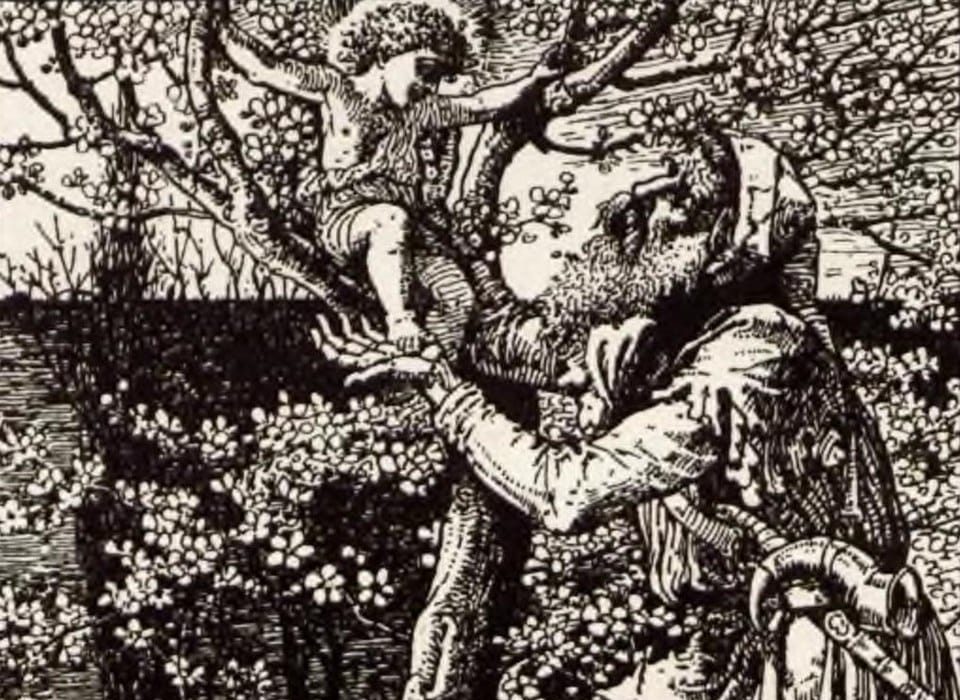Ralph Ellison won the National Book Award in 1952 for the only novel he ever published. That novel was “The Invisible Man.” His book told a story about a black man in America. The main character feels invisible to American society because of the color of his skin. It’s a timely tale that rang true when it was published and rings true in the era of Black Lives Matter.
History of Ralph Ellison
Growing Up
Ellison was born in Oklahoma City, OK, and lost his father at an early age. Before taking up writing, Ellison played the cornet and wanted to direct his ambitions toward a life as a symphonic composer. However, after moving to New York, Ellison picked up a job as a writer for the New York Federal Writers Program. He then became the editor of The Negro Quarterly.
At this time, he met the likes of Langston Hughes, Alain Locke, and Richard Wright. With their tutelage and friendship, his skills as a writer grew. He spent countless hours engaged in conversations about literature, politics, and social issues, and took in the wisdom and experiences of these influential figures. They challenged and inspired him to delve deeper into his own writing.
Writing Mentors
From Langston Hughes, he learned the power of poetry and the beauty of the spoken word. Alain Locke exposed him to the rich cultural heritage of the African diaspora and taught him the importance of using literature as a means of empowerment and self-expression. Richard Wright, a master storyteller, showed him how to capture the harsh realities of life with raw honesty and unflinching realism.
As stated on the Cultural Front, Ellison was engaged by his mentor. “Hughes served as a guide as Ellison began learning about New York City, leftist politics, and leftist literature. Moreover, when Hughes learned that Wright was moving to New York City, he made him aware that Ellison wanted to meet him.” The friendships he formed during this time were intellectually stimulating. They also offered him a supportive community of like-minded individuals who understood the challenges he faced. These challenges includes being a writer of color in a predominantly white literary world.
Their influence would leave an indelible mark on his work. Similarly, their tutelage allowed him to become one of the most revered and influential writers of his time.
The Invisible Man
Ellison had already been publishing essays and short stories before tackling a novel as a project. After he enlisted in the Merchant Marine as a cook during WWII, he took to writing his novel. Publishers put out the book in 1952. The novel was met with fanfare, stayed on the 1953 bestseller list for 16 weeks, and won the National Book Award. The success of “The Invisible Man” essentially helped shape the minds of Americans as it relates to race relations and shined a light on the under-represented and disenfranchised groups during that era.
As he states in the first chapter, Ellison found confusion and contradiction in society about who he was, and who he should be in his heart. He states: “It took me a long time and much painful boomeranging of my expectations to achieve a realization everyone else appears to have been born with: That I am nobody but myself” (Ellison). The lasting effect of his novel is still apparent in modern literature. Some authors cite it as one of the most important works of the last 100 years (Read.gov).
Conclusion
Through writing, Ellison found not only his voice but also his purpose. The encounters he had and the relationships he cultivated shaped and defined his literary legacy. He forever left an imprint on the pages of history. No doubt, the messages of a marginalized individual in “The Invisible Man” continues to be important to the conversations at large.
Works Cited
“Ralph Ellison.” Biography. Aug. 18, 2020. Web. https://www.biography.com/authors-writers/ralph-ellison
“Ralph Ellison.” Library of Congress. Web. https://www.read.gov/fiction/ellison.html
“Langston Hughes, Richard Wright, Ralph Ellison and the Underground.” Cultural Front. January 14, 2021. Web: https://www.culturalfront.org/2021/01/langston-hughes-richard-wright-ralph.html





Leave a comment